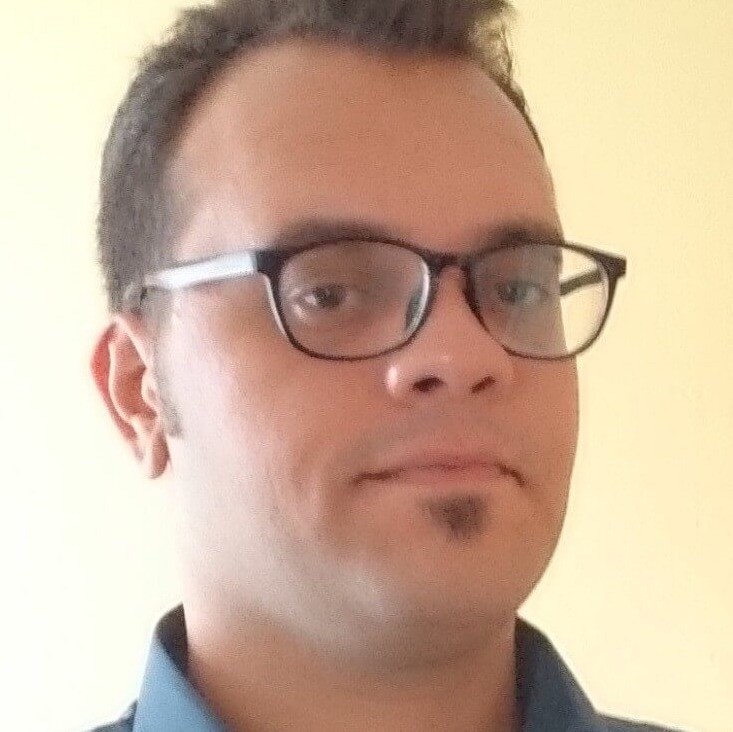What is your educational background?
Bachelor of Medicine (MBBCH), Mansoura University, Egypt
Doctorate of Medicine, Lübeck University, Germany
What is your current occupation?
Clinical scientist and medical resident at Freiburg University medical Centre.
What or who got you into STEM?
A pure fascination into microbes and infectious diseases since my first biology class, especially how our friendly microbiome community help us maintain our healthy state as well as defend us from potential pathogens.
What is the biggest challenge/barrier you have faced as an African in STEM?
Gaining accessibility to various research trainings opportunities especially during early stages in pre- or postgraduate phases, due to lack of information, funding, or basic obstacles in obtaining travel visas. The amount of bureaucratic barriers faced by young researchers from Africa in obtaining visas or residencies or even work permits as scientists make them even miss many of the opportunities they manage to find. It became a normal thing to start preparing for a scientific internship or a new position somewhere else almost a year before, and in a community as fast moving as the scientific field it’s a huge disadvantage that makes one not get to the full of his potential.
How do you think your background/upbringing has been beneficial in your journey/career?
This might be a more of a personal aspect, but I owe it to my mother raising me to always believe in myself and to always fight for my dreams. On the other hand growing in a country where research is not too much talked about taught me to keep digging and never give up. I remember that for my first job after finishing my Doctorate is sent hundreds of applications and looked for many programs until I found a suitable one.
How do you think we can start to change the narrative surrounding African contributions
to global STEM research & careers?
We should start highlighting the amazing work we Africans contribute to the advancement of science. I have met through my relatively short career many amazing African scientists who never seem to get the attention they deserve. A more viable and functional platforms as yours to connect and collaborate with fellow African scientists can help bring more attention and value to our work.
What advice would you like to give to young, aspiring Africans in STEM?
Information is the most valuable asset you can acquire. Always look for opportunities to learn and evolve because this might be the most difficult step in your career.
Do you have any projects you’re working on that you would like us to highlight?
My research projects handle many aspects of infectious diseases, immunology, and pathology, but now I am highly interested in harnessing new next generation sequencing techniques in infectious diseases diagnostics and running a clinical trial with many colleagues in Freiburg University to evaluate this technique under the name (INTeGRATE). On the other hand, we are working on other projects focused on the interaction of the gut microbiota with potential pathogenic invaders especially during Helicobacter pylori Infection, and computational modeling of host–pathogen interactions to determine host-specific gene signatures to different infectious diseases.






